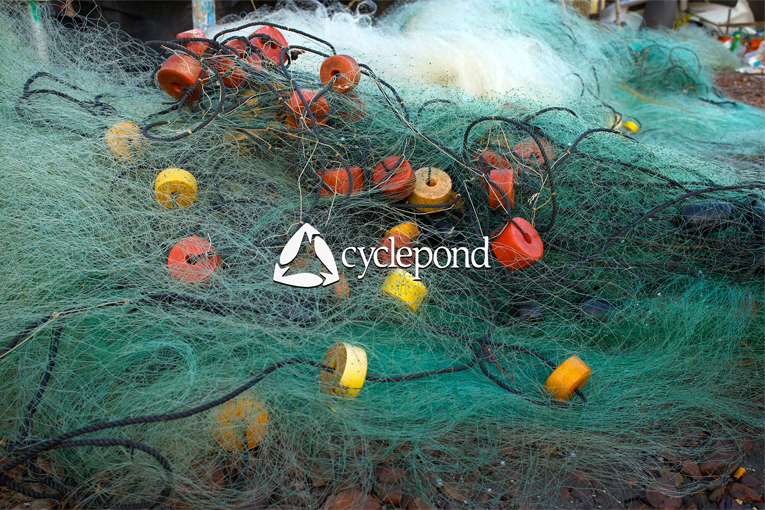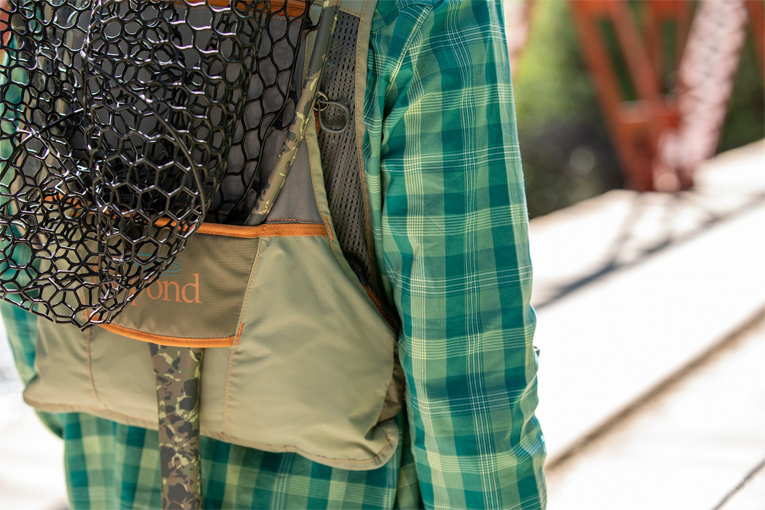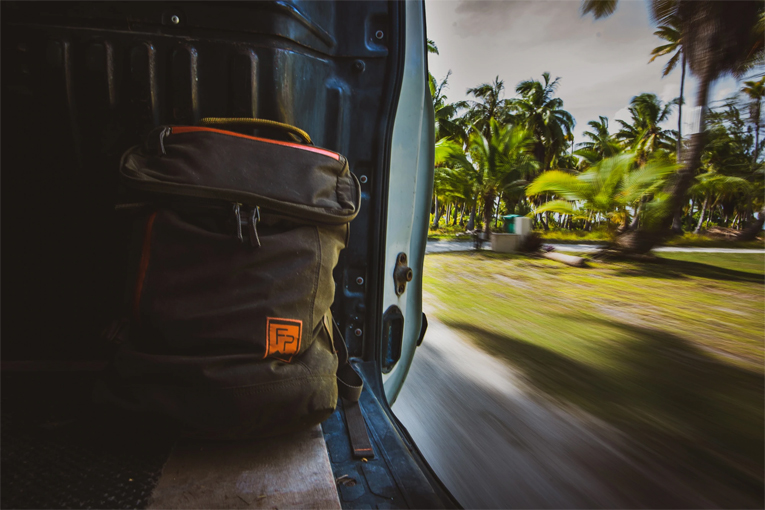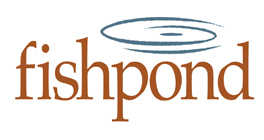Fishpond Sustainable Fabrics
![]()
Sustainability is more than just a word for us here at Fishpond
It is a guiding mantra, a promise for us to do better, and a commitment we make when sourcing our materials. The addition of our signature Cyclepond fabric ten years ago marked an industry first when we introduced a line of products that were made out of repurposed fishing nets pulled from the ocean environment.
Since that day, we have continued to push the industry and ourselves by manufacturing nearly 100% of all our fabrics in the best way possible out recycled threads that come together under the Fishpond logo.
![]()
Cyclepond
Once a commercial fishing net is worn out, they are commonly discarded in the sea becoming "Ghost Nets". Cyclepond gives these "Ghost Nets" another life as a Fishpond product.
Cyclepond helps us make a difference in the everyday things we can weave together to build a better tomorrow for our industry, our oceans, and the species that depend on their health. Turning trash into treasure.

![]()
NewStream
NewStream recycled fabric is made with 100% recycled single-use plastic water bottles, eliminating the use of petrochemicals, while maintaining the durability and function at the heart of our submersible line.
In 2020 we paused to reflect on our history and revisit some of our earliest designs. As we thumbed through our development notes, we were reminded of the thread that connects every piece of gear that leaves our warehouse: responsible innovation. Early versions of this principle appear in our first products featuring recycled fishing nets and other nylon waste. Later, we began using ECONYL® regenerated post-consumer nylon in vests and 100% recycled plastic for our fly boxes. Using recycled materials is integral to our identity as a brand, and represents our continued commitment to minimizing our impact on the habitats and species of the natural world.
As we sought to extend that commitment, we returned to the idea that removing existing waste has a direct, and meaningful impact on the places we love. Now, much of our submersible line is now produced using recycled water bottles and other beverage containers. This NewStream recycled PET fabric further reduces our contribution to wastewater generation, energy consumption, and air pollution, while maintaining the durability and function you’ve come to expect from our submersible line. When compared to raw, petroleum-based material production, the choice to make the switch was clear. Thank you for joining us on this journey.

![]()
Econyl
Nylon waste, otherwise polluting the Earth, is transformed into ECONYL® regenerated nylon. It’s exactly the same as brand new nylon and can be recycled, recreated and remolded again and again. That means you can create new products and buy new products without having to use new resources.
With the release of our first product utilizing recycled nylon fishing nets over a decade ago, Fishpond made a promise to build a better tomorrow for the environment. On our 20th anniversary, that meant continuing to search for alternatives in an effort to develop new products without using new resources. Through an advanced regeneration process, we are removing commercial fishing nets, carpets, and other industrial waste from landfills and oceans, and leading the industry toward a new standard. By choosing to integrate ECONYL® regenerated nylon into our product line, we are redefining the way resources are consumed in the production of our gear. Together with our line of Cyclepond and NewStream recycled fabrics, we continue to measure the success of our business by the degree to which we create positive change for the future of the environment. This is not the end of the journey, just a step along the way.

![]()
Organic Cotton
Traceable origins, clear standards, positive impact.
While conventional cotton is farmed using insecticides, pesticides and genetically modified seeds, our organic cotton is grown without the use of harmful chemicals and GMOs. Natural, organic cotton also allows us to forgo the use of heavy metals, chlorine, and chemical dyes that are so common in the manufacturing of traditional cotton. As we see it, the biggest benefit of using 100% organic cotton is its effect on the ecosystem. Our process reduces water usage and offers a safer work environment for farmers. Ultimately, organic cotton is softer, non-allergenic, long-lasting, and better for the places we love.

![]()


